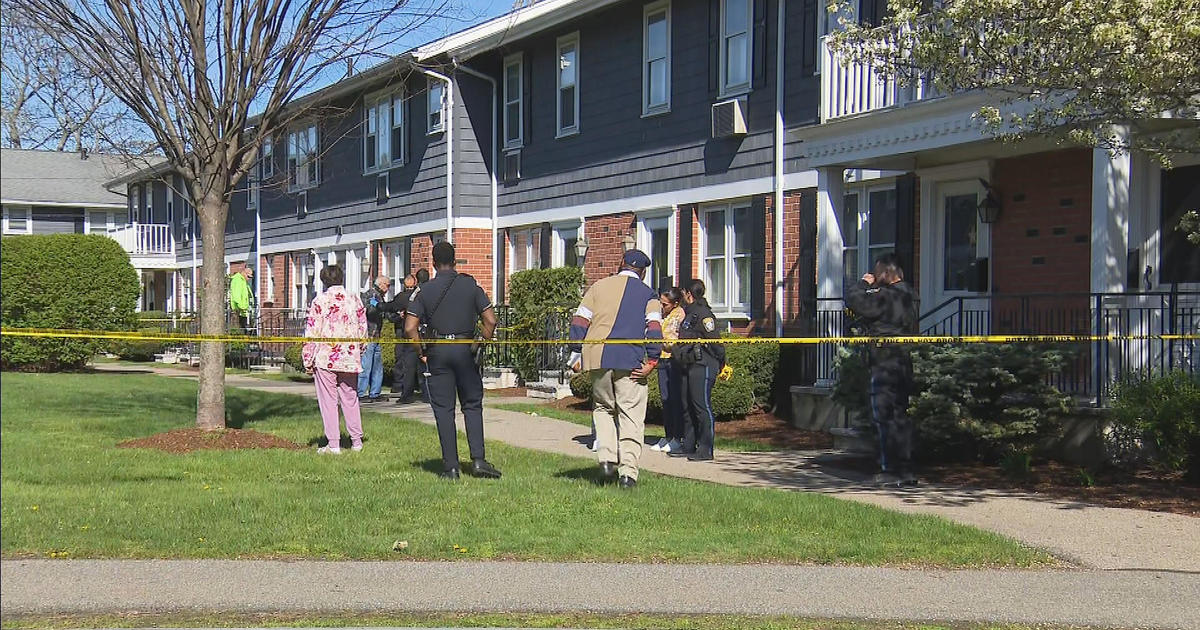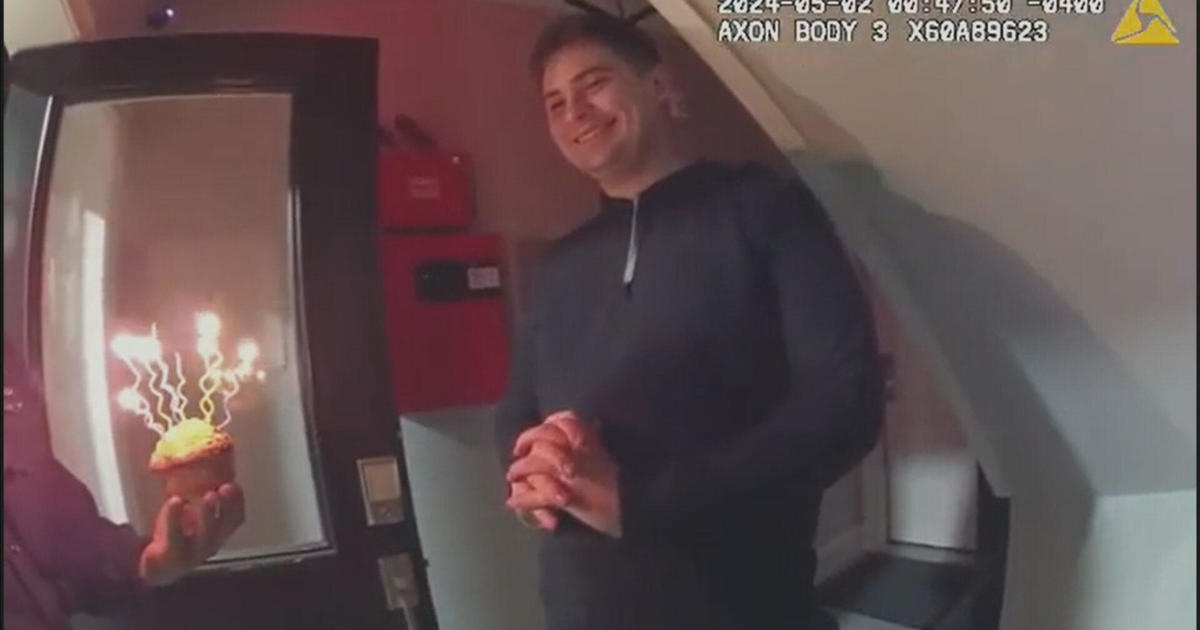Could Boston be facing a budget crisis due to declining commercial property values?
BOSTON - "There continues to be a slight dip in commercial values in FY '24," said Boston Mayor Michelle Wu during a Zoom announcement of a proposed change in the city's tax structure.
That's like saying we've been getting just a little bit of rain lately.
How to combat collapsing commercial property values
With the pandemic-era trend of working from home seemingly here to stay for many businesses, Boston's office vacancy rate has soared to over 20%, and experts predict collapsing commercial property values could blow a huge hole in the city's budget in the near future.
So the mayor is seeking state approval for major potential tax hikes on commercial real estate, much to the dismay of investors.
"If we do nothing and the commercial values drop, residential property taxes will go up very significantly," said Wu during a WBZ interview. "I cannot have that happen and I know our residents and our businesses can't afford for that to happen either."
That's good politics. But is it good policy? "You have one of the lowest residential property tax rates in the region and the city's never had a Proposition 2 1/2 override, why not look to target a little more residential revenue?" WBZ TV's Jon Keller asked the mayor.
"I will do whatever it takes to keep costs low for our residents and homeowners and renters," she said.
"Pouring gasoline on a fire"
"To squeeze an industry like this is troubling," says Greg Vasil, CEO of the Greater Boston Real Estate Board, who likens the mayor's move - which follows a slew of expensive new environmental regulations required of new development - to pouring gasoline on a fire. "If you drive the cost of doing business in Boston to a point where it's unpalatable, people can go elsewhere and spend their money elsewhere."
No argument there, says the mayor. "I completely agree that we need to be doing everything possible to support more economic activity, to streamline permitting and create ways for our businesses to have more predictability in the operational environment."
Wu is hoping the exodus from the workplace will ease and a forecast flood of abatement applications from newly devalued properties won't materialize due to the outdated status of many property valuations. But if that proves to be wishful thinking, says a recent study of the situation by the Boston Policy Institute, "Boston is likely to face a cumulative revenue shortfall of more than $1 billion in the next five years. And with no clear prospect for recovery, such shortfalls could persist for decades, triggering a long-term decline in public services and economic vitality."
Fingers crossed isn't much of a policy prescription, let alone raising the tax rates of an industry that's taking major lumps already from the marketplace. Wu may have the short-term high ground politically - wealthy developers vs. beleaguered urban homeowners - but if this impending crisis doesn't resolve itself, she and the commercial real estate community will have to find some common ground that makes economic sense, lest the city see its golden goose migrate elsewhere.




